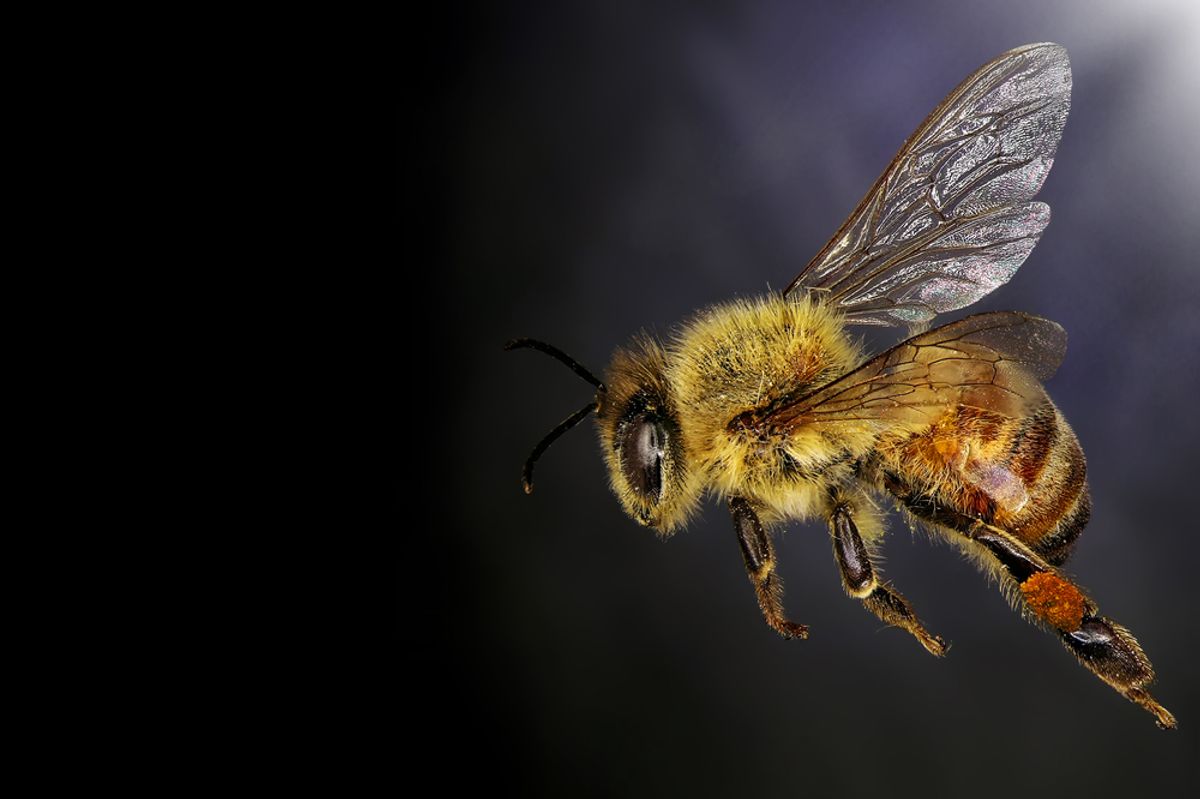Canada just took a major step toward protecting the environment. It's not often you hear that. But not only have our neighbors to the north just joined Twitter, Ontario has officially become the first jurisdiction in North America to restrict the use of a class of pesticides implicated in the mass die-offs of bees.
The Ontario government Tuesday laid out a plan for protecting the pollinators, CBC News reports, which includes reducing the use of the chemicals, known as neonicotinoids, 80 percent by 2017. The new rules could go into effect as early as next summer.
The news comes after a particularly brutal winter for Ontario's bees, a record 58 percent of which died. According to the Ontario Beekeepers’ Association, which celebrated the new restrictions, that's three times the average die-off rate in Canada's other provinces. Ontario's environmental commissioner, Gord Miller, said there's "abundant evidence" linking the deaths to the planting of corn and soybean seeds that had been treated with neonicotinoids.
"The new information that is just before us and very alarming is that the impact on the ecosystem is much greater and much broader," Miller added in a recent interview. "The bees are the canary in the coalmine."
Ontario's grain farmers and, predictably enough, the companies that manufacture neonicotinoids, spoke out against the decision, claiming it isn't backed up by science. A number of studies, however, have shown that the pesticides are at least contributing to unusually high rates of bee deaths -- habitat loss and disease are likely culprits as well. In 2013, the European Union passed a two-year moratorium on neonicotinoids so that more research could be done; the EPA, meanwhile, is waiting until it's able to review all the evidence, meaning we shouldn't expect any U.S. action before 2018.

Shares